Dogs
The Power of Socialization in Calming Dog Aggression
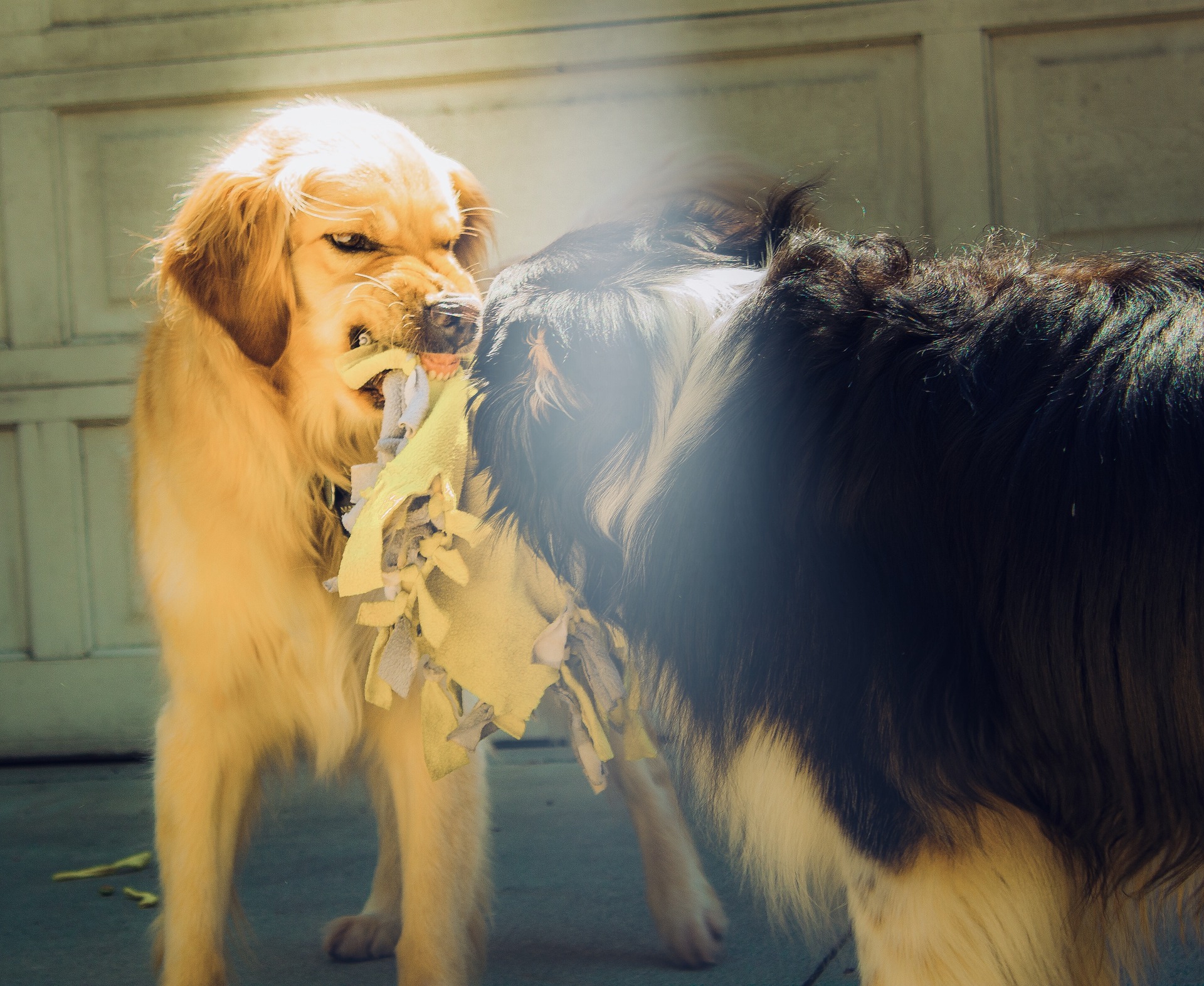
Socialization is an incredibly powerful tool in dealing with dog aggression. Dogs are naturally social animals, and when they are exposed to other animals, humans, and different environments early and often, they can develop healthier and more stable relationships. However, when dogs are allowed to interact with the world around them, it can lead to fearful behavior and even aggression. In this blog post, we’ll explore how socialization can be used to help calm dog aggression and create a more peaceful home environment.
What is Socialization?
Socialization is the process of teaching a dog to interact appropriately with other dogs, animals, and people. It’s a process of introducing your pup to different environments, sounds, and people to help him or her learn the proper way to behave in those situations. Socialization can involve anything from providing exposure to different types of people, places, and activities to specific techniques for training appropriate behaviors. Socialization is an important part of a dog’s upbringing as it helps them learn how to interact with others, reducing their risk of developing fear-based or aggressive behaviors.
When done properly, socialization can make all the difference in a pup’s life. Dogs that are properly socialized are more relaxed and confident when meeting new people, places, and situations. They also tend to better behave around other animals and children. Properly socialized dogs are less likely to act out aggressively or become scared or anxious when faced with novel situations. With the right kind of socialization, a pup can learn to be calm and comfortable around new people and environments.
Why is Socialization Important?
Socialization is an incredibly important part of raising a well-rounded, happy, and healthy pup. By exposing your pup to various people, animals, and situations, you are helping to prepare them for the world they will live in. Socialization helps your pup learn to interact with others in positive ways and reduces their fear of novel stimuli. Without proper socialization, your pup can become fearful or even aggressive when exposed to new things.
Socialisation also helps your pup become more confident around people and other animals. A pup who has not been properly socialized may be more prone to reacting out of fear or aggression when meeting someone new. They may also be uncomfortable in certain settings or situations, leading to unwanted behaviors like barking or lunging. Proper socialization teaches your pup how to handle new situations with grace and patience.
Finally, socialization can help prevent behavioral problems from developing in the future. Pups that are not socialized are more likely to have issues with reactivity, anxiety, and aggression as they get older. Therefore, it is crucial to start socializing with your pup as early as possible to give them the best chance of growing up to be a well-adjusted dog.
How to Socialize Your Dog
Socializing your dog is an important part of keeping them calm and well-adjusted. Here are some tips on how to get started:
- Start young. Socialization should begin as soon as you bring your pup home. The earlier you start, the better.
- Make sure it’s safe. Puppies should only be exposed to safe, familiar environments until they are at least 16 weeks old. At that point, they can begin to experience new places, people, and animals.
- Introduce in small doses. Once your pup is ready to explore, take them out for short excursions in a variety of settings. This can include meeting other people and animals in controlled environments.
- Give lots of positive reinforcement. Whenever your pup encounters something new, reward them with treats and verbal praise for good behavior. This will help them learn that new experiences are positive and safe.
- Monitor their behavior. If your pup is exhibiting any signs of aggression or fear, take them out of the situation immediately. Aggression is not something to be taken lightly; if the behavior persists, consult your vet or a professional animal behaviorist.
Socialization is an important part of raising a well-adjusted pet. With patience and practice, you can help your pup become comfortable in different environments and around unfamiliar people and animals. With the right amount of socialization, your pup can become a confident, happy member of your family.
The Benefits of Socialization
When it comes to pooch aggression, socialization is key. It helps your dog become familiar with different types of people, animals, and situations so they are more comfortable and less likely to react aggressively in new situations. Socialization can help a dog develop better social skills, making them less prone to react aggressively when interacting with people or other animals.
Socialization can also help reduce the chances of behavioral issues developing in the future. By exposing your dog to new people and environments, they’ll become less stressed and more confident in their ability to handle situations that may otherwise cause anxiety or fear. This can help eliminate problems such as excessive barking or lunging at other animals, which can be signs of an overly anxious pup.
Lastly, socialization can provide your pooch with greater stimulation. When exposed to different people, animals, and settings, your pup can learn new things and use its energy in constructive ways instead of lashing out. Socialisation also gives them a chance to explore the world around them and develop a better understanding of how to interact in different environments.
The benefits of socializing your pup are clear; it helps keep them happy, confident, and well-adjusted. With regular socialization, you’ll have a better-behaved pup who is more comfortable around new people and animals, and less likely to exhibit aggressive behaviors.
Read Also :
Has Your Dog’s Personality Changed? Here’s What to Look For
03 Reasons Why a Dog Walking Service is the Best Choice for Your Dog
0 Comments
Leave a Reply
Cancel reply
Dogs
Everything You Need to Know About Neutering for Pets
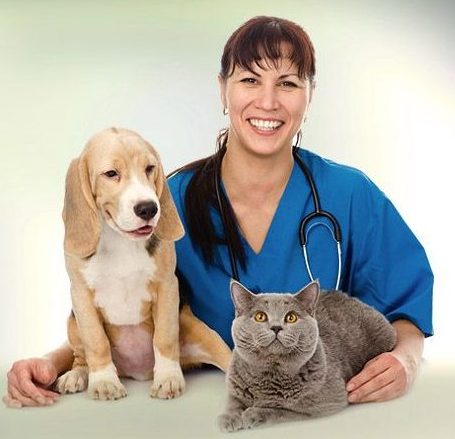
Lo
Neutering for pets is a common procedure that is important for the long-term health and well-being of your furry friend. Neutering involves surgically removing either the testes or the ovaries and uterus of an animal, usually a dog or cat. There are many benefits to neutering your pet, such as reducing their risk of cancer, controlling their behavior, and preventing unwanted litters. It is recommended that pet neutering be done at a young age, but it can be performed at any time. In this blog post, we will provide all the information you need to know about neutering for pets, including when it should be done and the potential risks involved.
Dogs
What to Do With Your Dog’s Body After Death: A Guide for Pet Owners
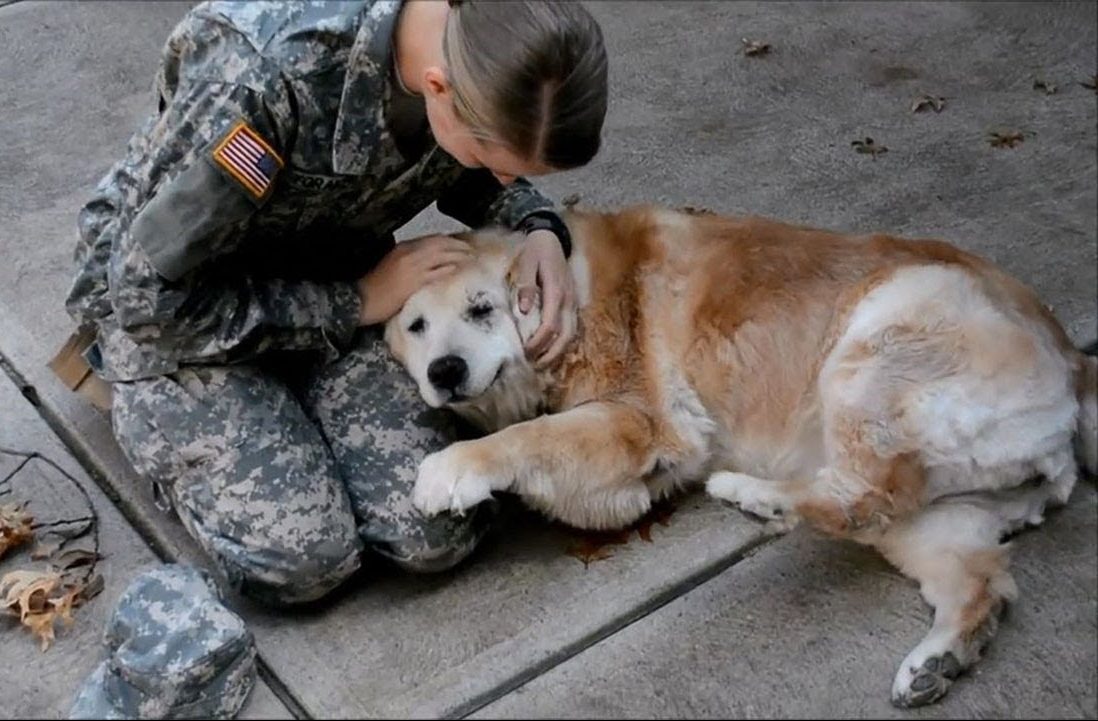
My dog died, and I’m not sure what to do with their body. It’s a heartbreaking moment for any pet owner, and the uncertainty of what to do can make it even more difficult. In this blog post, I’ll provide a comprehensive guide for pet owners on what to do with their dog’s body after death. We’ll cover everything from burial and cremation to taxidermy and memorializing your beloved pet. No matter what you decide to do, I hope this article will help you in this tough time and provide you with the resources you need to properly honor your pet’s life.
Dogs
Keep your distance: signs that you should keep away from your furry friend
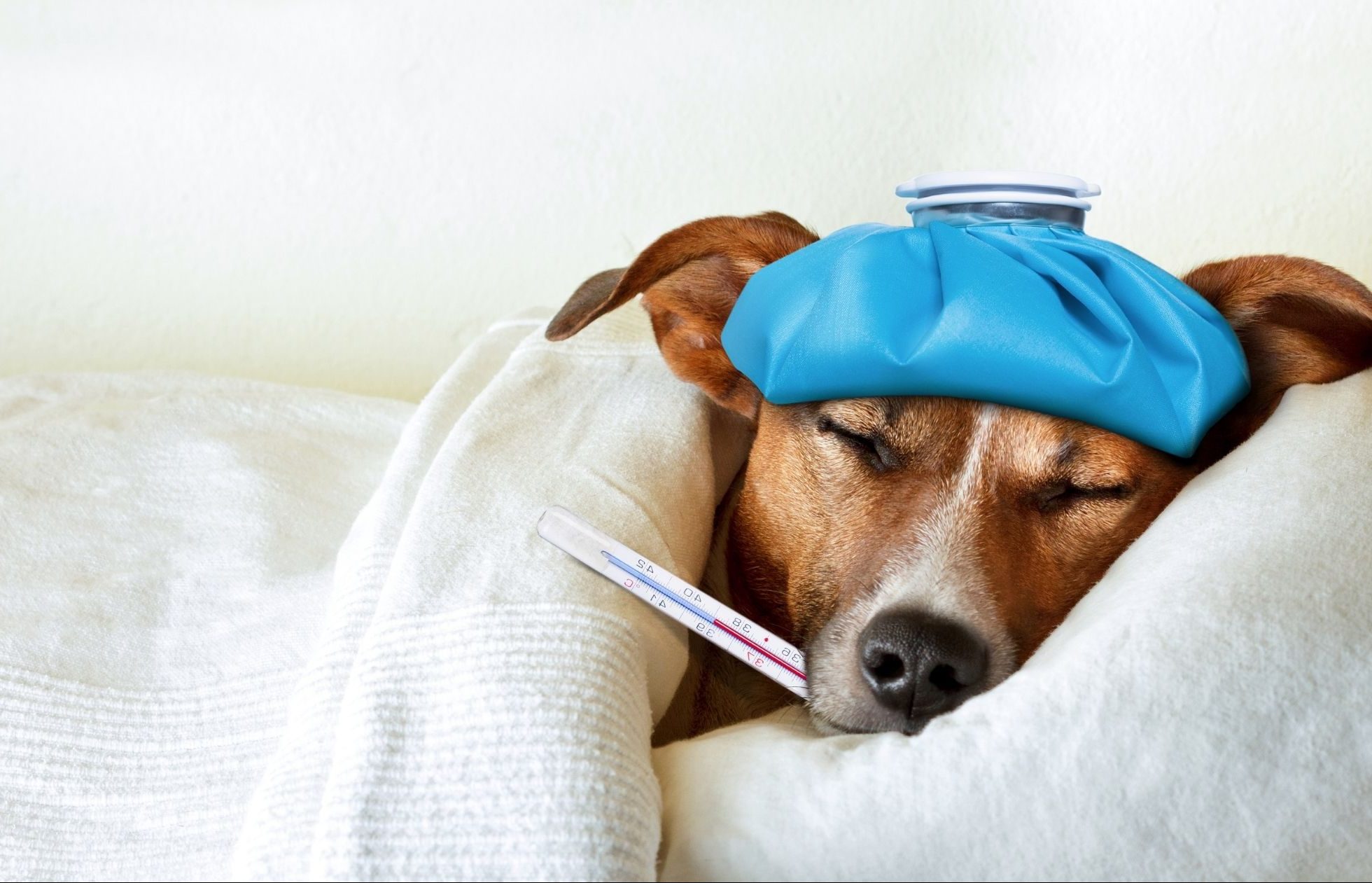
When your pet displays certain symptoms, it is important to stay away to protect yourself and your pet. If you observe any of the following pet symptoms, it’s best to keep your distance until the issue has been addressed: lethargy, vomiting, diarrhea, excessive scratching or licking, shaking or trembling, sudden changes in appetite, coughing, sneezing, or discharge from the eyes or nose. Taking steps to stay away from your pet during these times will help to ensure the safety of both you and your furry friend.
Coughing and sneezing
Coughing and sneezing are common symptoms that our pets may experience from time to time. Just like us, they can catch colds or suffer from allergies, leading to these respiratory issues. While coughing and sneezing can be relatively harmless, it’s still important to take precautions to protect both you and your furry friend.
When your pet starts coughing or sneezing, keeping your distance is best. This is especially true if they have any other symptoms such as discharge from their nose or eyes, difficulty breathing, or lethargy. Coughing and sneezing can be signs of more serious underlying conditions such as respiratory infections or allergies. In some cases, they may even be contagious to humans, so it’s crucial to avoid close contact until you can consult a veterinarian.
Remember to provide a comfortable and clean environment for your pet to help alleviate their symptoms. Keep an eye out for any changes in their condition, and if their coughing or sneezing worsens or persists, make sure to seek professional help. Taking these precautions will help ensure the well-being of your pet and minimize any potential risks to yourself.
Trending

 Cats1 year ago
Cats1 year agoDon’t Feed Your Cat These 8 Foods!

 Cats11 months ago
Cats11 months agoWhy Do Cats Spray and How Can You Stop Them? Insights into Urine Spraying in Male Cats

 Cats10 months ago
Cats10 months agoThe Ins and Outs of Cat Sterilization: Removing the Female’s Ovaries

 Cats10 months ago
Cats10 months agoPre-Vaccination Prep: Getting Your Cat Ready

 Cats9 months ago
Cats9 months agoWhy Kittens are Born Dead or Deformed

 Dogs2 years ago
Dogs2 years agoSo You’re Thinking About Getting a Poodle

 Dogs10 months ago
Dogs10 months agoWhat to Do With Your Dog’s Body After Death: A Guide for Pet Owners

 Cats9 months ago
Cats9 months agoSigns of Cat Pregnancy Week by Week




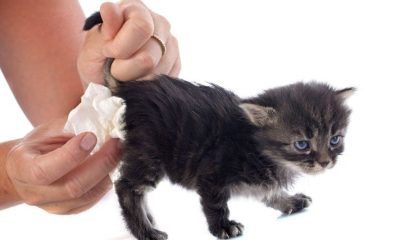



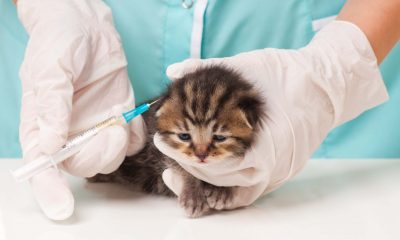

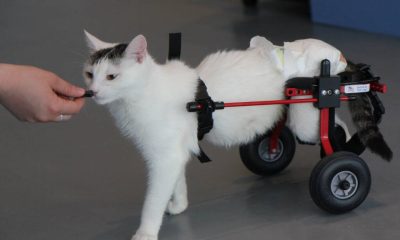



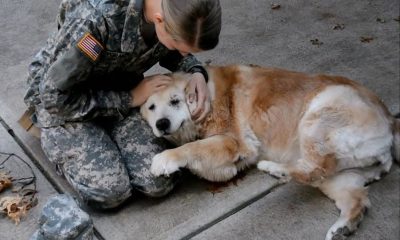



Pingback: How to Train My Pet Properly? - Gentel Life Plus
Pingback: Punishing Your Dog With A Crate Is Not The Answer